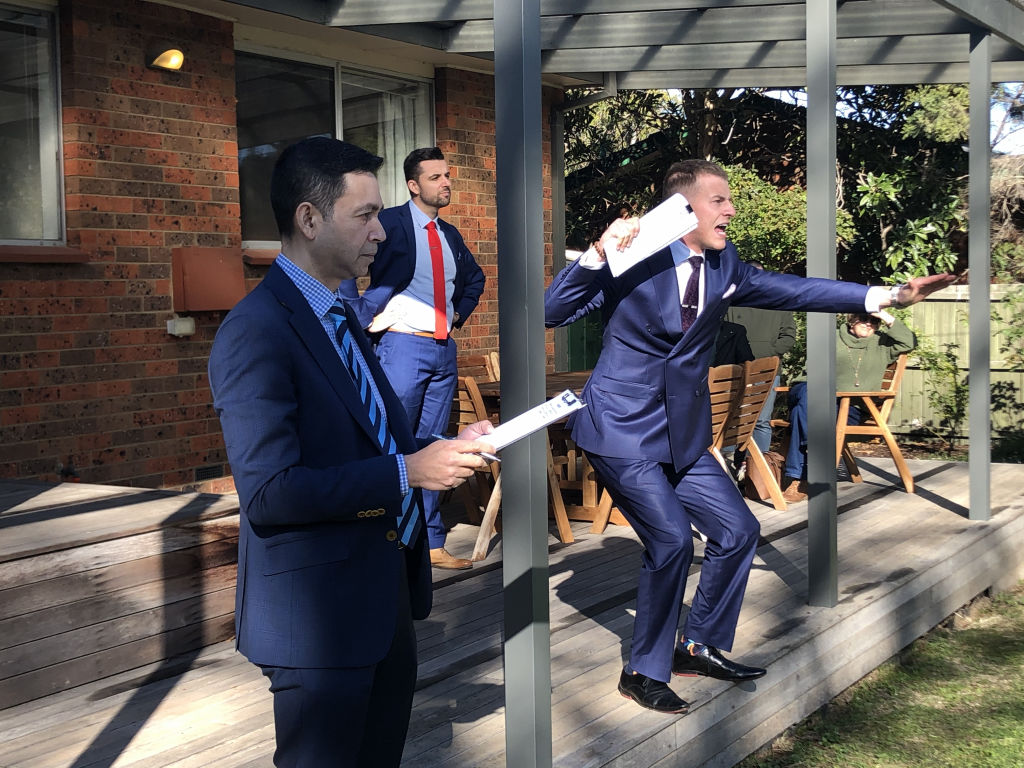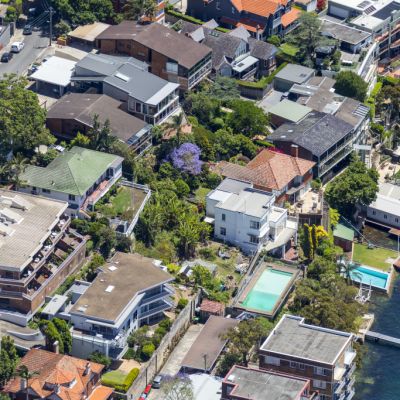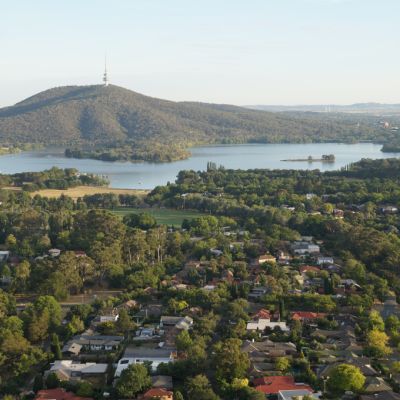NSW budget: Who has it better, ACT or NSW home buyers?

There’s an age-old debate about whether buyers should cross the ACT border to make their home purchase and now that the NSW government has announced its plans to phase out stamp duty, following similar actions by the ACT government, it begs the question – who will benefit from this?
The NSW government handed down a budget on Tuesday that proposed buyers will have the option of paying a large lump sum payment upfront, similar to stamp duty, or paying an annual property tax.
In his budget speech, NSW Treasurer Dominic Perrottet said the plan would save house hunters tens of thousands of dollars in upfront costs and lift market activity. The state government will seek public consultation on the property tax reform.

“This proposed model would give buyers a choice to axe stamp duty at the point of purchase and choose an annual property charge instead,” Mr Perrottet said.
“There would be no impact unless you are purchasing a property and you make the choice to change. For everyone else, everything stays the same.”
The property tax is a fixed amount plus a rate applied to the unimproved land value of a property.
CoreLogic property analyst Eliza Owen said the proposed model could take more than 18 years to implement.
“In other words, if you have already paid stamp duty and are not moving, the new model would not apply. This means housing reform would be achieved over a much longer period, as a new model of property tax is gradually phased in,” Ms Owen said.
Aus Property Professionals director Lloyd Edge warned that the tax reform might not be beneficial for home owners or home buyers.
“Although no stamp duty may make it easier for people to enter the market, having an annual land tax on your land value can add up and not be great over time,” he said.
“For instance, if you’re paying land tax every year opposed to stamp duty upfront and you end up staying in a property long term [10 to 15 years], this will probably be more expensive.
“This needs to be phased in gradually too, otherwise people are going to get ‘double-dipped’ if they paid for stamp duty recently.”
The reform, which could begin in the second half of 2021, is expected to inject as much as $11 billion into the state’s economy over four years.

George Southwell of Ray White Rural Canberra and Yass said the stamp duty reform had been a long overdue plan, noting that the tax had discouraged people from buying property in NSW.
“If a young [first-home buyer] family has saved $50,000 for a house deposit and are going to buy a parcel of land worth $400,000, they have to cough up another $20,000 or so worth of stamp duty which they don’t have,” Mr Southwell said.
“I think the real winners of this announcement are the first-home owners, those who want to get their foot in the property door.”
Mr Southwell says should the tax reform take place, entry-level prices will see a lift as more first-home buyers take advantage of the market.
“This time last year, we didn’t have a lot of confidence in the market – that came down to a number of factors such as the federal election and bushfires,” Mr Southwell said.
“This year, there’s a lot more confidence in the market. We’re in the middle of the pandemic but there are a number of incentives available that make buying easier.”
First-home buyers in NSW are already exempt from paying stamp duty on properties under $650,000, or vacant land under $350,000, while properties priced between $650,000 and $800,000, or vacant land between $650,000 and $800,000, will receive a concessional rate of stamp duty.
NSW first-home buyers also have access to a $10,000 grant for new properties with a value of less than $600,000.
The new reform would replace the current stamp duty concessions for first-home buyers – eligible on properties worth up to $800,000 – with a grant of up to $25,000.
Meanwhile, ACT first-home buyers are exempt from paying stamp duty on any residential property including new and established homes as well as vacant land, and at any price, so long as their annual household income is less than $160,000.
However, in order to cover the costs of stamp duty abolition, the first-home owners grant of $7000 was scrapped.
This comes as part of the territory government’s 20-year plan to axe stamp duty altogether. To compensate for the loss of revenue, the ACT government has since introduced higher land taxes and rates for property owners.
Both ACT and NSW buyers are also eligible for the federal government’s First Home Loan Deposit Scheme, where first-home buyers need as little as a 5 per cent deposit, with the additional 15 per cent guaranteed.
We recommend
We thought you might like
States
Capital Cities
Capital Cities - Rentals
Popular Areas
Allhomes
More









